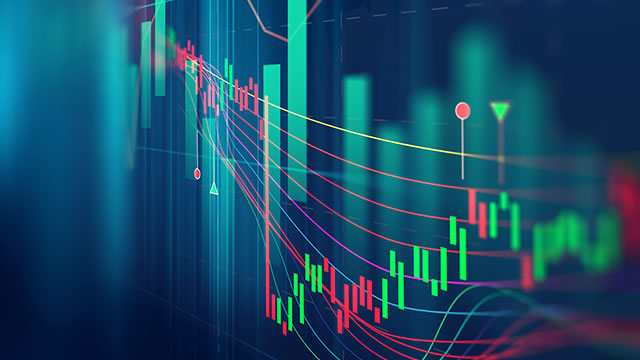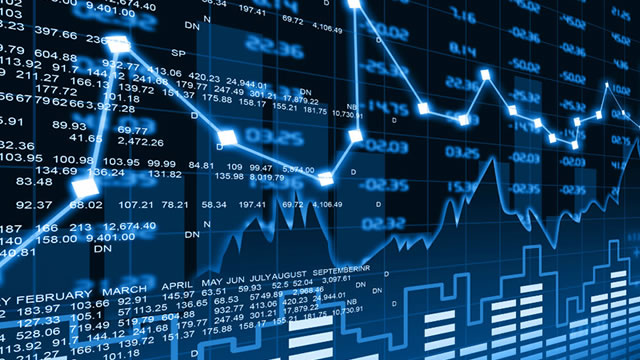Inflation Data Surprises Economists: What Does It Mean for You and the World?
The latest inflation data released by the U.S. Bureau of Labor Statistics has left economists scratching their heads. The Consumer Price Index (CPI) rose by 0.6% in September, which was higher than the expected 0.4% increase. This unexpected jump in inflation has given a boost to the American currency, causing the U.S. Dollar Index to reach its highest level in over a year.
Impact on the American Economy
The higher-than-expected inflation data may seem concerning at first, but it’s essential to understand that it’s not all bad news. Inflation is a natural part of an economy, and a moderate level of inflation can be beneficial. It can signal a strong economy, as businesses and consumers are willing to pay more for goods and services. However, if inflation rises too quickly or becomes persistent, it can lead to increased costs for businesses and consumers.
- Higher prices for goods and services: With inflation on the rise, consumers can expect to pay more for everyday items such as groceries, gas, and housing.
- Impact on purchasing power: As the value of money decreases due to inflation, consumers’ purchasing power also decreases. This can make it more challenging for people on fixed incomes or those living paycheck to paycheck.
- Impact on interest rates: The Federal Reserve uses inflation as one of its primary tools to control the economy. If inflation continues to rise, the Federal Reserve may raise interest rates to help keep inflation in check. This can make it more expensive for consumers to borrow money.
Impact on the World
The unexpected rise in inflation in the U.S. can have ripple effects around the world. Here’s how:
- Impact on commodity prices: Commodities, such as oil and metals, are often priced in U.S. dollars. With the U.S. Dollar strengthening, commodity prices can increase, making it more expensive for countries that import these commodities.
- Impact on emerging markets: Countries with weaker currencies can be negatively affected by a stronger U.S. Dollar. This can make it more difficult for these countries to pay back their debts, as the cost of repaying those debts in U.S. dollars increases.
- Impact on global trade: A stronger U.S. Dollar can make American exports more expensive, making it more challenging for U.S. businesses to compete in the global marketplace. Conversely, it can make imports cheaper, making it easier for consumers to buy goods from other countries.
What Does It All Mean?
The unexpected rise in inflation in the U.S. can have both positive and negative effects on the American economy and the world. While it can lead to higher prices for goods and services, it can also signal a strong economy. However, it’s essential to keep an eye on inflation levels, as persistent inflation can lead to increased costs for businesses and consumers. Additionally, the ripple effects of inflation in the U.S. can have significant impacts on commodity prices, emerging markets, and global trade.
As consumers and businesses navigate this new economic landscape, it’s essential to stay informed and adapt as needed. This may mean looking for ways to save money, such as shopping around for the best deals or finding ways to reduce expenses. It may also mean seeking out new opportunities, such as exporting goods or services to other countries where the currency is weaker.
Ultimately, the impact of inflation on you and the world will depend on a variety of factors, including your individual circumstances and the economic conditions in your country and around the world. Stay informed, stay adaptable, and remember that even in the face of unexpected economic challenges, there are always opportunities to be found.
Conclusion
The unexpected rise in inflation in the U.S. has given a boost to the American currency and left economists scratching their heads. While inflation can have both positive and negative effects on the American economy and the world, it’s essential to stay informed and adapt as needed. By understanding the potential impact of inflation on goods and services, purchasing power, interest rates, commodity prices, emerging markets, and global trade, consumers and businesses can navigate this new economic landscape and find opportunities to thrive.





